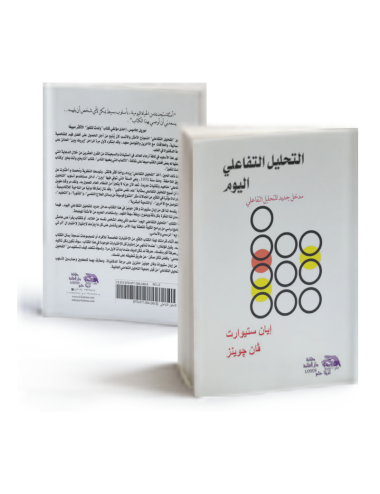Free from Lies: Discovering Your True Needs
“[Alice Miller] illuminates the dark corners of child abuse as few other scholars have done.”―Jordan Riak, NoSpank.net
0 kg - 170 kg
“[Alice Miller] illuminates the dark corners of child abuse as few other scholars have done.”―Jordan Riak, NoSpank.net
And what after God has honored me, by virtue of my profession as a psychiatrist, with more than half a century of experience, is it right for me to keep all this to myself? As I offer my knowledge and experience to my patients - and as much as possible - I have resolved to present all this in a book, which is a mutual conversation between me and the other party, which is you, the generous reader, so that you may benefit from it by the grace of God, and perhaps also benefit those around you.
Rare and compelling in its compassion and its unassuming eloquence...her examples are so vivid and so ordinary they touch the hurt child in us all NEW YORK MAGAZINE
The detainees in the prisons of the Israeli occupation are not separated from the resistance or the Palestinian national movement. They are an intimate and organic part of the resistance and the movement alike, but are they prisoners, detainees, or prisoners?
An examination of childhood trauma and its surreptitious, debilitating effects by one of the world's leading psychoanalysts.
Never before has world-renowned psychoanalyst Alice Miller examined so persuasively the long-range consequences of childhood abuse on the body. Using the experiences of her patients along with the biographical stories of literary giants such as Virginia Woolf and Marcel Proust, Miller shows how a child's humiliation, impotence, and bottled rage will manifest itself as adult illness―be it cancer, stroke, or other debilitating diseases. Miller urges society as a whole to jettison its belief in the Fourth Commandment and not to extend forgiveness to parents whose tyrannical childrearing methods have resulted in unhappy, and often ruined, adult lives.
In this collaborative work the authors closely explore the growing academic and cultural interest in spirituality and spiritual transformation. They argue that "we are witnessing a new horizon of converging interest in the intersections between science, religion, and spirituality." Organized in three parts--transforming spirituality in psychology, transforming spirituality in theology, and modeling spiritual transformation--Transforming Spirituality fills a void in the current literature. In turn, its nine chapters discuss spirituality in relation to health, human development, the biblical tradition, philosophy, and the natural sciences.





